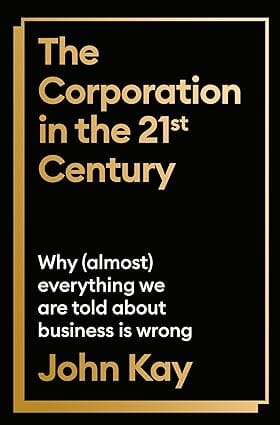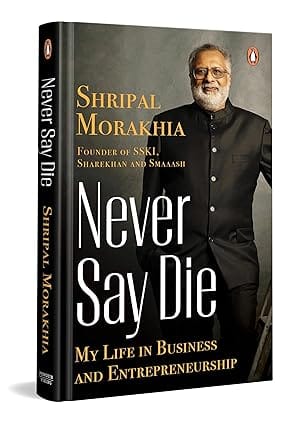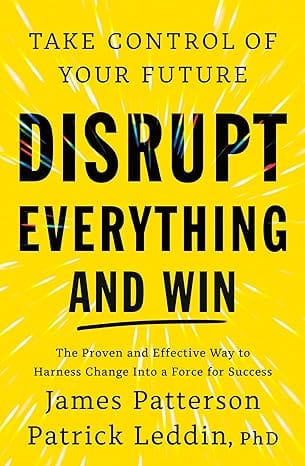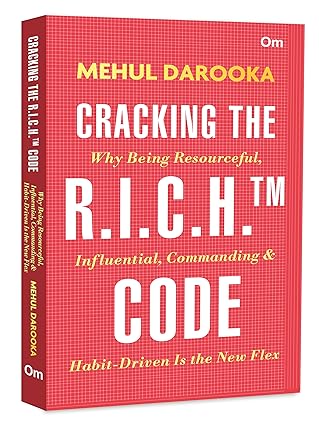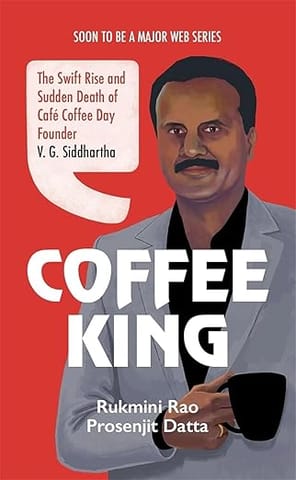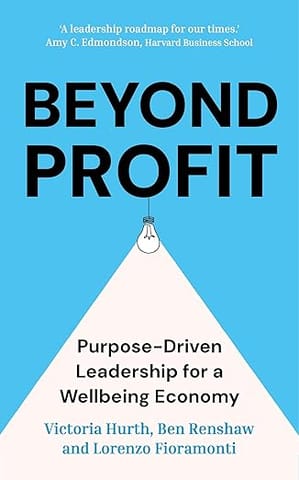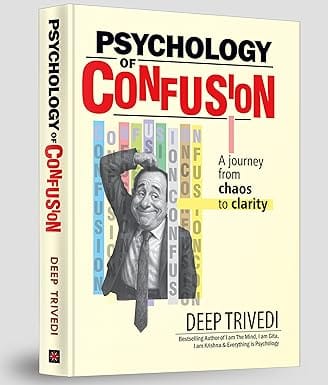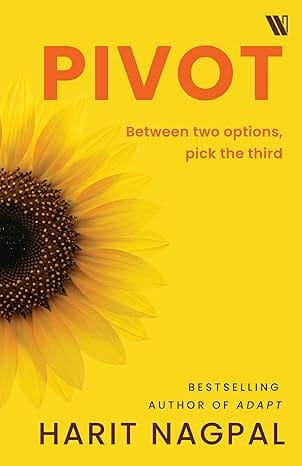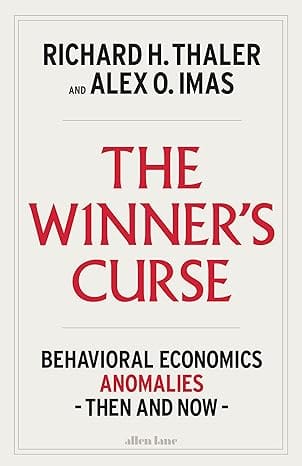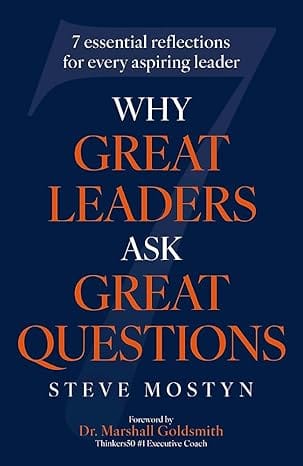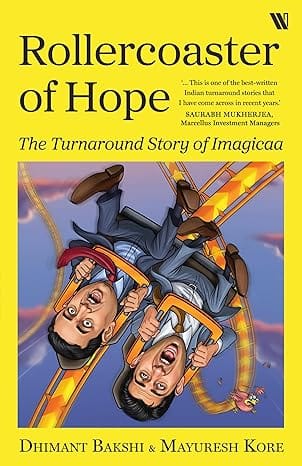- Non-ficton
- Non-ficton
- Contemporary Fiction
- Contemporary Fiction
- Children
- Children
- Comics & Graphic Novels
- Comics & Graphic Novels
- Non-Fiction
- Non-Fiction
- Fiction
- Fiction
'A brilliant analysis of how business really works. Informative, funny, and full of deep insights'
Mervyn King
'A very entertaining read'
Evan Davis
For generations, we have defined a corporation as a business run by a capitalist elite, that uses its accumulated wealth to own the means of production and exercise economic power.
That is no longer the reality. In the twenty-first century, our most desired goods and services aren't stacked in warehouses or on container ships: they appear on your screen, fit in your pocket or occupy your head.
But even as we consume more than ever before, big business faces a crisis of legitimacy. The pharmaceutical industry creates life-saving vaccines but has lost the trust of the public. The widening pay gap between executives and employees is destabilising our societies. Facebook and Google have more customers than any companies in history but are widely reviled.
John Kay, one of the greatest economists of our time, describes how the pursuit of shareholder value has destroyed some of the leading companies of the twentieth century. Incisive and provocative, this book redefines successful commercial activity and leadership, the knowledge economy and what the future of the modern corporation might be.
Review
A very entertaining read for specialists and non-specialists alike, it's a book that manages to be incredibly expansive, and yet also with a depth of argument you won't often find in a business text. Few writers come close to matching Kay's analysis of what makes good businesses succeed and bad businesses fail -- Evan Davis
Praise for John Kay - -
Kay is both a first-class economist and an excellent writer - Financial Times
An admirable debunker of myths and false beliefs - Kay can see substantial things others don't -- Nassim N Taleb, author - The Black Swan
Kay is a brilliant writer - Wall Street Journal
An unparalleled communicator of economics to a non-specialist audience - New Statesman
Book Description
About the Author
- Home
- Business and Management
- The Corporation In The Twenty-first Century Why (almost) Everything We Are Told About Business Is Wrong
The Corporation In The Twenty-first Century Why (almost) Everything We Are Told About Business Is Wrong
SIZE GUIDE
- ISBN: 9781805224235
- Author: John Kay
- Publisher: Profile
- Pages: 448
- Format: Paperback
Book Description
'A brilliant analysis of how business really works. Informative, funny, and full of deep insights'
Mervyn King
'A very entertaining read'
Evan Davis
For generations, we have defined a corporation as a business run by a capitalist elite, that uses its accumulated wealth to own the means of production and exercise economic power.
That is no longer the reality. In the twenty-first century, our most desired goods and services aren't stacked in warehouses or on container ships: they appear on your screen, fit in your pocket or occupy your head.
But even as we consume more than ever before, big business faces a crisis of legitimacy. The pharmaceutical industry creates life-saving vaccines but has lost the trust of the public. The widening pay gap between executives and employees is destabilising our societies. Facebook and Google have more customers than any companies in history but are widely reviled.
John Kay, one of the greatest economists of our time, describes how the pursuit of shareholder value has destroyed some of the leading companies of the twentieth century. Incisive and provocative, this book redefines successful commercial activity and leadership, the knowledge economy and what the future of the modern corporation might be.
Review
A very entertaining read for specialists and non-specialists alike, it's a book that manages to be incredibly expansive, and yet also with a depth of argument you won't often find in a business text. Few writers come close to matching Kay's analysis of what makes good businesses succeed and bad businesses fail -- Evan Davis
Praise for John Kay - -
Kay is both a first-class economist and an excellent writer - Financial Times
An admirable debunker of myths and false beliefs - Kay can see substantial things others don't -- Nassim N Taleb, author - The Black Swan
Kay is a brilliant writer - Wall Street Journal
An unparalleled communicator of economics to a non-specialist audience - New Statesman
Book Description
About the Author
User reviews
NEWSLETTER
Subscribe to get Email Updates!
Thanks for subscribing.
Your response has been recorded.

India's Iconic & Independent Book Store offering a vast selection of books across a variety of genres Since 1978.
"We Believe In The Power of Books" Our mission is to make books accessible to everyone, and to cultivate a culture of reading and learning. We strive to provide a wide range of books, from classic literature, sci-fi and fantasy, to graphic novels, biographies and self-help books, so that everyone can find something to read.
Whether you’re looking for your next great read, a gift for someone special, or just browsing, Midland is here to make your book-buying experience easy and enjoyable.
We are shipping pan India and across the world.
For Bulk Order / Corporate Gifting
 +91 9818282497 |
+91 9818282497 |  [email protected]
[email protected]
Click To Know More
INFORMATION
QUICK LINKS
ADDRESS
Shop No.20, Aurobindo Palace Market, Near Church, New Delhi

